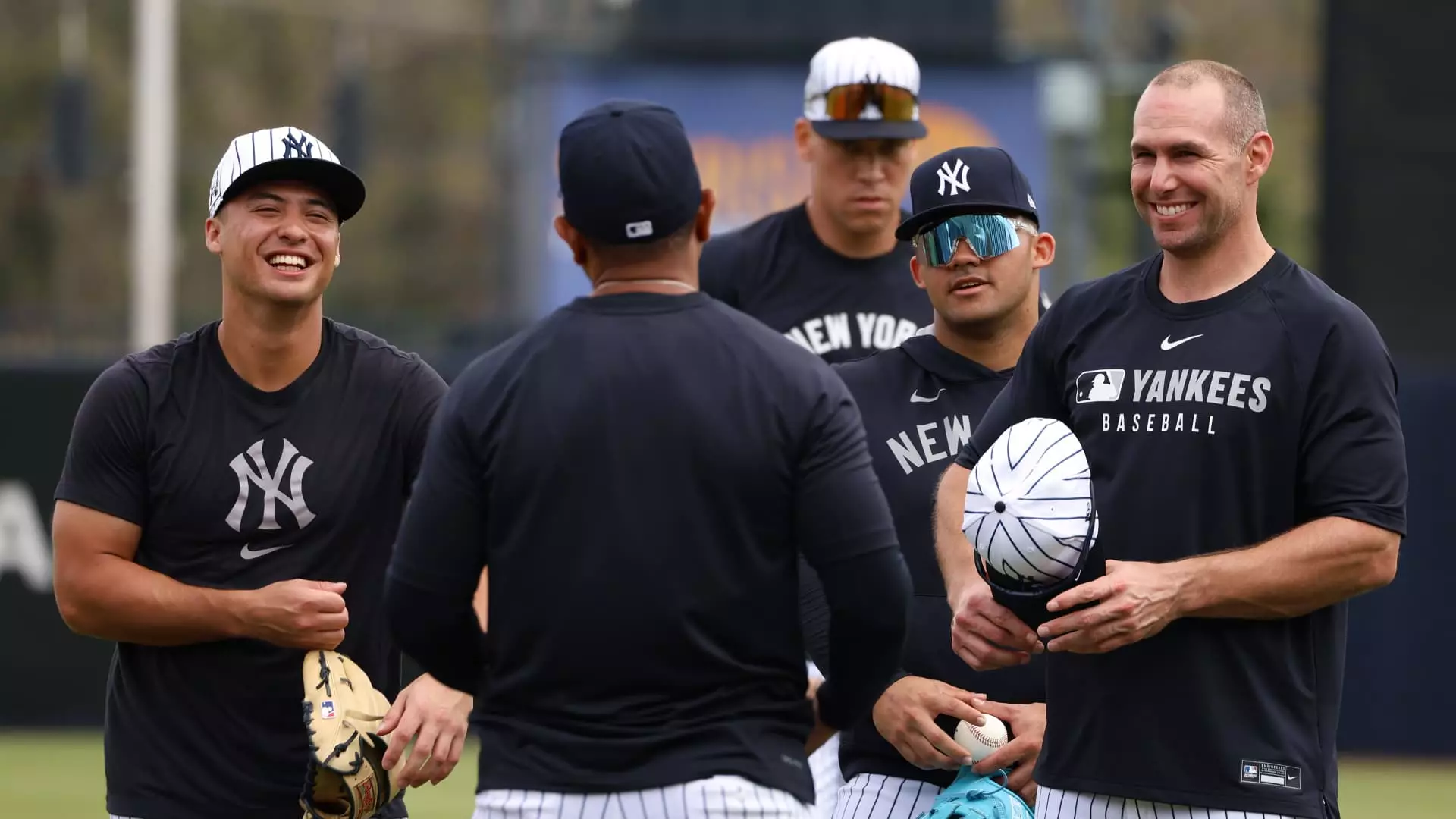For decades, the New York Yankees have upheld a stringent policy regarding player grooming, famously limiting facial hair to mustaches. This rule, instituted by the late George Steinbrenner in the 1970s, aimed to foster a sense of discipline and pride among players. Steinbrenner believed that a clean-cut appearance represented the values of the organization. The mandate effectively banned beards and long hair, with only a few exceptions on religious grounds, essentially stamping out any form of personal expression that diverged from this highly conservative standard.
Over the years, this policy has elicited various reactions from players, with some openly challenging the strict grooming guidelines. The most notable incident occurred in 1991 when Yankees captain Don Mattingly was benched for refusing to comply with a haircut demand. This blatant disregard for personal style has not only shaped the culture within the franchise but has also influenced the decisions of prospective players who were reluctant to join the team due to these strict regulations.
The Turning Point: An Evolution in Team Culture
Fast forward to recent developments, when the current owner, Hal Steinbrenner, announced a significant change in the Yankees’ grooming rules, allowing “well-groomed beards” for the first time in nearly half a century. This announcement marks a notable shift in the organization’s approach to player individuality and highlights an evolving cultural context that increasingly values personal expression. Hal Steinbrenner’s decision comes after numerous discussions with both former and current players about the policy’s relevance in today’s professional baseball landscape.
The change in policy appears to have been partly influenced by recent visual instances of Yankee players sporting beards, as evidenced by the recent appearance of pitcher Devin Williams, who maintained a beard during his career with the Brewers. This small act re-engaged conversations about the outdated grooming expectations that have long been a point of contention for many players.
Reactions and Implications for Future Players
The Yankees’ revised grooming policy is significant not only for its immediate effects on current players but also for its potential impact on recruitment and team dynamics going forward. Historically, players like Andrew McCutchen and David Price have voiced reservations about joining the Yankees due to these strict rules, indicating how such policies can deter talent. In this light, the new allowance for beards could broaden the team’s appeal, allowing the Yankees to attract a more diverse range of players, each bringing their own style and identity to the franchise.
By dropping this long-standing restriction, the Yankees signal an acknowledgment of the changing attitudes surrounding personal expression in sports. Traditional norms are frequently challenged in modern professional environments, and by adapting to these cultural shifts, the Yankees position themselves to benefit from a new generation of talent that values individuality.
The easing of the Yankees’ grooming policy is more than just a change in regulations; it symbolizes a broader understanding of personal expression in sports. While the legacy of George Steinbrenner and his vision for discipline remains an integral part of the team’s narrative, Hal Steinbrenner’s recent decision reflects a readiness to embrace change, ensuring that the Yankees remain not just a historical powerhouse but also a competitive force in contemporary baseball culture. As the organization steps into this new era, it will be fascinating to see how this policy transformation influences team dynamics and player interactions in the seasons to come.


Leave a Reply